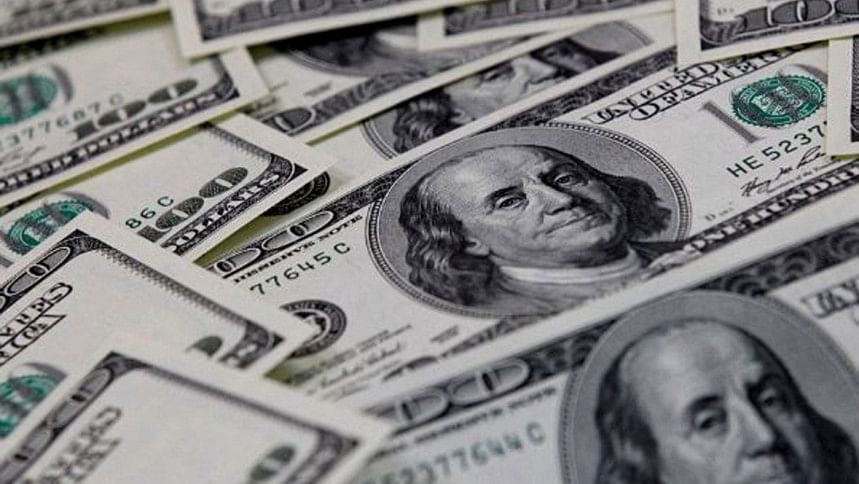US budget deficit widens

The US budget deficit has widened to $1.7 trillion, government data showed on Friday, in a development that could add pressure on President Joe Biden as he seeks reelection in 2024.
The deficit expanded by $320 billion for the fiscal year ending September 30, following a drop in tax revenues and lower deposits of earnings by the Federal Reserve on the back of higher interest rates.
Elevated rates also added to spending, bringing the 2023 shortfall to its third-largest on record.
Total government outlays decreased slightly from the previous year, after the Supreme Court canceled Biden's student loan forgiveness program, noted a joint statement by the Treasury Department and the Office of Management and Budget (OMB).
When the accounting impact involving this program is removed over the recent two years, the deficit nearly doubles to around $2 trillion, Treasury officials confirmed when speaking with journalists on Friday.
In the latest year, spending increased in some areas, with a $134 billion rise in Social Security due to cost-of-living adjustments and a $162 billion bump in outlays for interest on the public debt.
Net interest expense as a percentage of gross domestic product stands around 2.5 percent, the highest level since 1998, said a Treasury official.
The latest deficit expansion comes after the budget shortfall shrank by half in fiscal year 2022, on the back of the US pandemic recovery.
At that time, the deficit fell after Covid-related spending such as unemployment insurance and other programs declined as the world's biggest economy bounced back from the virus outbreak, with businesses returning to normal.
A rising deficit could weigh on ongoing talks about funding federal agencies, with Congress facing a November 17 deadline to act on the budget and avoid a potential government shutdown.
It also comes as Biden turns to Congress for aid to Ukraine and Israel, requesting a massive $106 billion national security package on Friday.
The United States saw "atypically strong growth in revenues in 2022, driven by record-high capital gains receipts and the historic recovery from the pandemic," said the Treasury and OMB.
But revenues in 2023 fell to 16.5 percent of GDP.
Individual and corporate receipts returned to lower levels "in line with projections made after the passage of the Tax Cuts and Jobs Act of 2017," the statement said, referring to cuts under former president Donald Trump's administration.
"This year, the effect of the Trump tax cuts on revenues and deficits is clear," said a White House official in a separate statement.
Although the US economy has shown resilience in the face of higher interest rates there have been warnings, including by credit rating agencies, about longer-run fiscal risks.
"The Biden Administration continues to focus on navigating our economy's transition to healthy and sustainable growth," said Treasury Secretary Janet Yellen in a statement.
"As we do, the President and I are also committed to addressing challenges to our long-term fiscal outlook," she added.

 For all latest news, follow The Daily Star's Google News channel.
For all latest news, follow The Daily Star's Google News channel. 



Comments